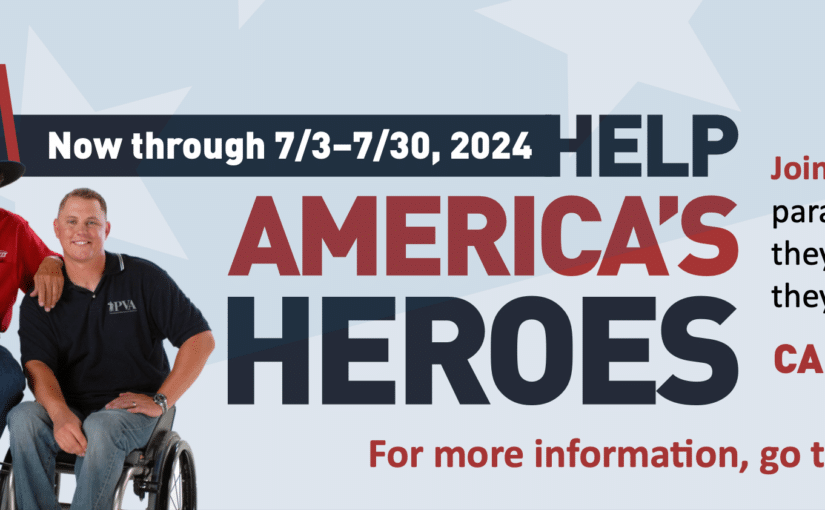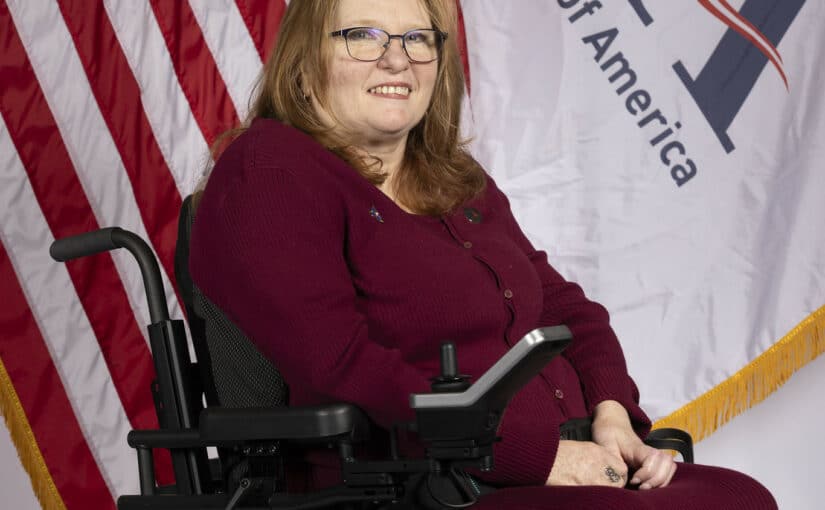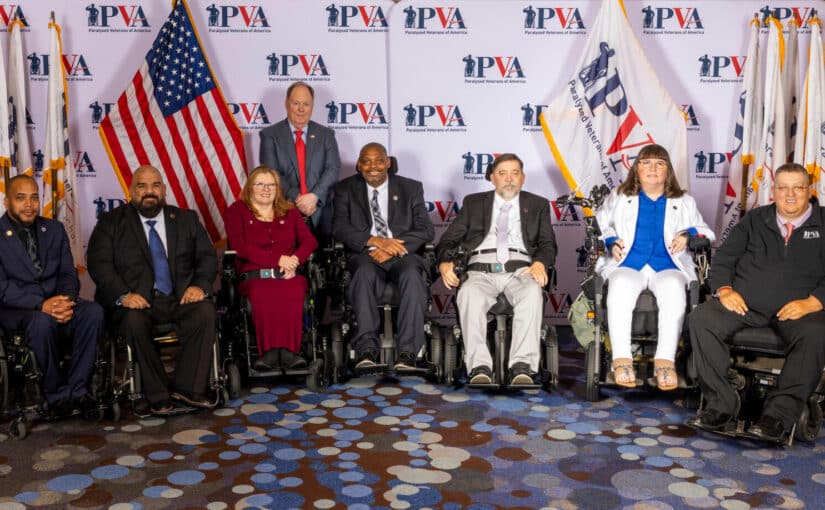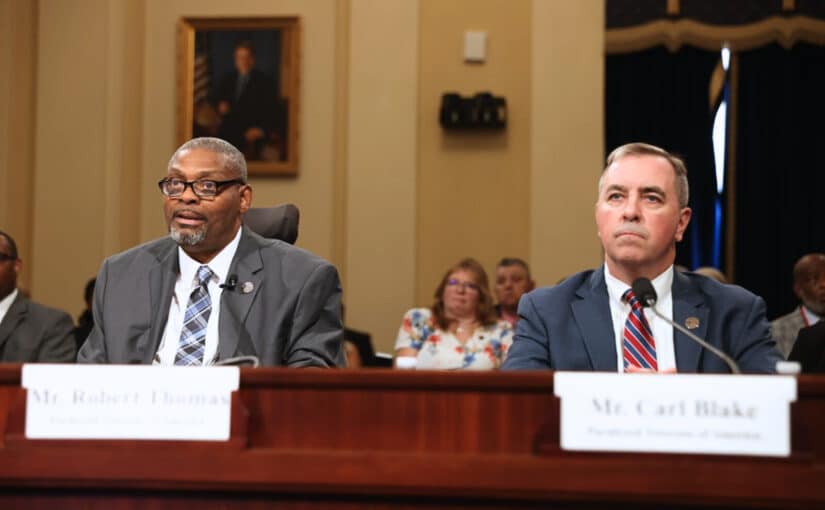
Holidays come as paralyzed veterans remain isolated and at high-risk for COVID-19, depression and anxiety
Post Date: November 20, 2020WASHINGTON, Nov. 20, 2020 – This holiday season comes as many high-risk paralyzed veterans have been trapped in their homes for months, and as military suicides are up 20% over last year. In response, Paralyzed Veterans of America (PVA) is launching Holiday Hope for Heroes, a national program to ensure our nation's injured veterans have access to resources they need to survive this crisis. Through an integrated, multi-channel campaign, PVA is asking the public to help them let paralyzed veterans and others with disabilities know they are not forgotten this holiday at pva.org/HolidayHope.
With underlying health issues, paralyzed veterans, and other people with serious disabilities, are at the greatest risk for deadly repercussions should they contract COVID-19. Many use wheelchairs and rely on others for daily care and vital supplies. After nine months, many remain isolated in their homes with growing concerns about exposure, limited supplies, increased anxiety and depression.
"The pandemic has been especially difficult for our paralyzed veterans, the elderly, and others at high risk," said David Zurfluh, national president of Paralyzed Veterans of America. "Tasks that were not a challenge before COVID-19, like going to the grocery store and having dinner with friends and family, have become nearly impossible since the pandemic started. It is crucial that we make sure the needs of paralyzed veterans, and all people with disabilities, are not forgotten during this pandemic."
Since the beginning of the pandemic, PVA chapters across the country have enacted emergency relief programs and wellness efforts. As part of the Holiday Hope for Heroes campaign, PVA has created extraordinary ways to help veterans connect through eSports, book clubs, wheelchair dance and other virtual events that help reduce social isolation and depression.
"People with spinal cord injury or diseases like MS and ALS require specialized care that isn't always available in typical hospitals or makeshift emergency facilities. Access to appropriate care, and the higher likelihood of deadly consequences from the virus, are real concerns for this population," said David Zurfluh. "These veterans will still need our urgent support for months ahead. Through the generosity of donors, we can remain the frontline warriors for these heroes."
PVA supports veterans by providing financial assistance, critical supplies and food, and by urging lawmakers to prioritize veteran health care, benefits and civil rights. PVA represents those who cannot advocate for themselves during this crisis and all year long. To support the life-saving efforts of PVA during this crisis, or if you are a paralyzed veteran who served in any era and in need of assistance, visit pva.org/HolidayHope for more information.




